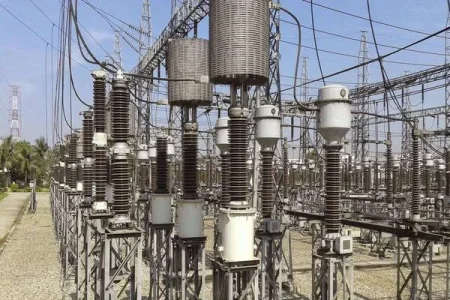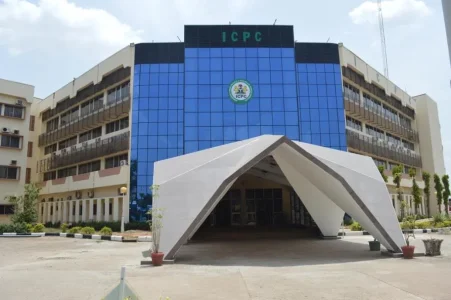
Nigerians are struggling as electricity bills consume over 57% of the newly increased minimum wage of N70,000. The recent 300% tariff hike by the Nigerian Electricity Regulatory Commission has led to widespread discontent among citizens, undermining the wage increase and exacerbating financial hardships for low-income earners.
As Nigeria grapples with a recent minimum wage increase to N70,000, many citizens express discontent due to the skyrocketing electricity bills. A report from FIJ highlights that minimum wage earners now allocate over 57% of their salaries to cover electricity costs, significantly undermining the wage hike's benefits.
The Nigerian Electricity Regulatory Commission (NERC) implemented a staggering 300% increase in tariffs for the higher service category in April. Many customers were transitioned to this band without prior notification, causing outrage and financial strain. One affected resident, Joe Abah, reported that his electricity top-up lasted only seven days, emphasizing the burdensome nature of the new rates.
Civil servants and small business owners share similar frustrations, with many claiming the increased electricity costs have rendered their salaries almost useless. Chidi Adum lamented, “How can you want to squeeze us to pay such a ridiculous tariff?” Meanwhile, Ayodele Dipo, a Lagos State civil servant, explained that his electricity credits have diminished from lasting months to just days since the tariff hike.
Experts, including Dr. Pogu Bitrus from the Middle Belt Forum, urge the government to reconsider these policies. He pointed out that both low-income earners and the elite are suffering from the increased energy costs, suggesting that the current administration must address these challenges to alleviate the burdens on Nigerians and ensure the new minimum wage has a tangible impact.




